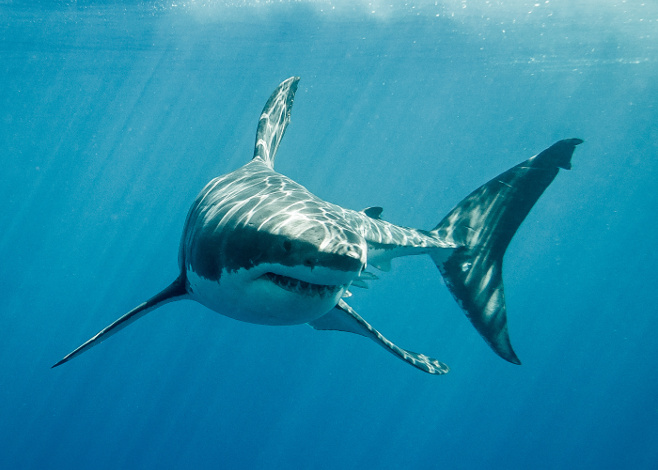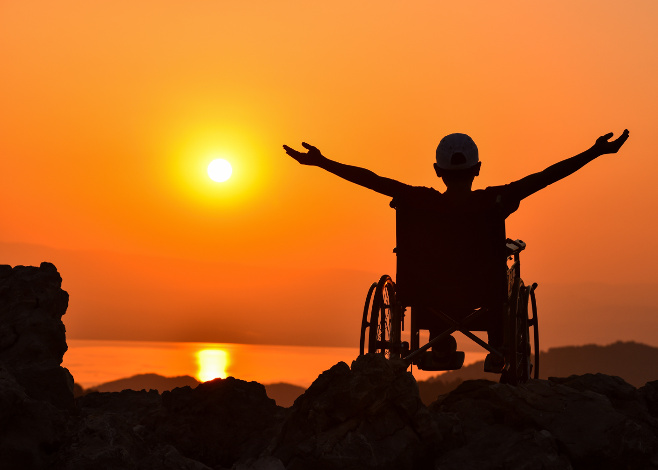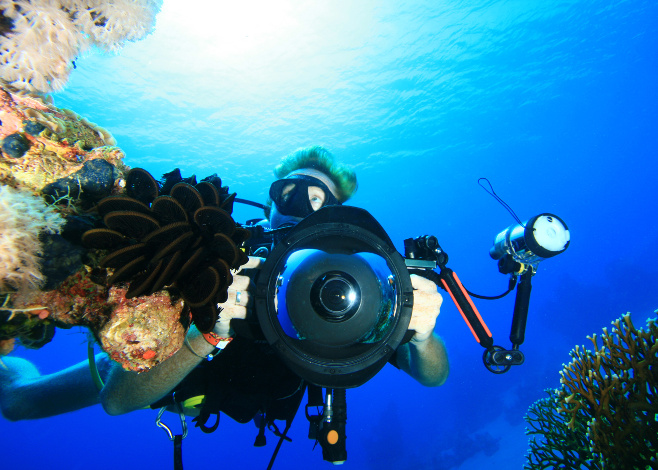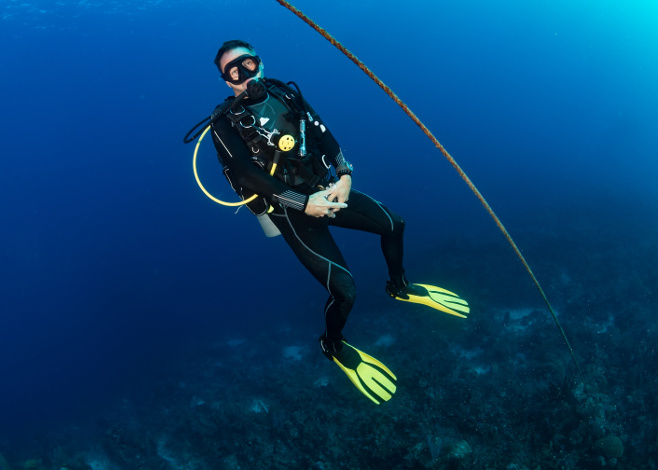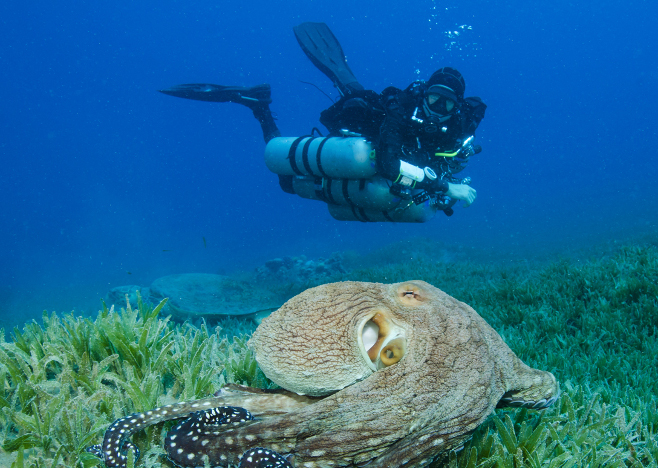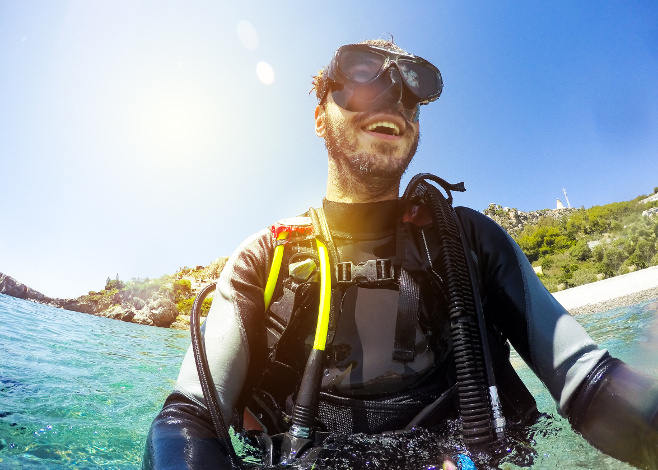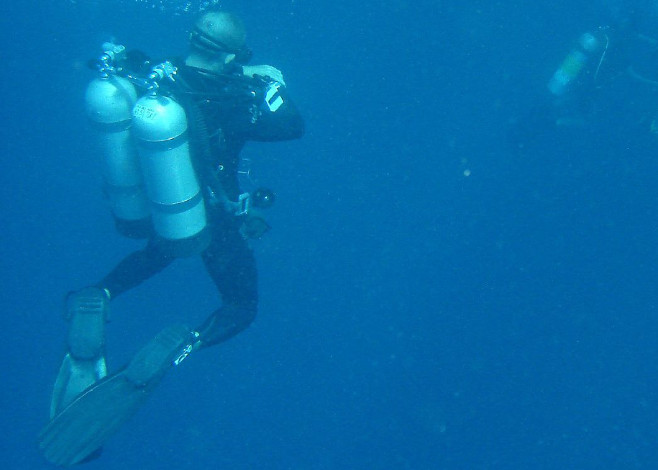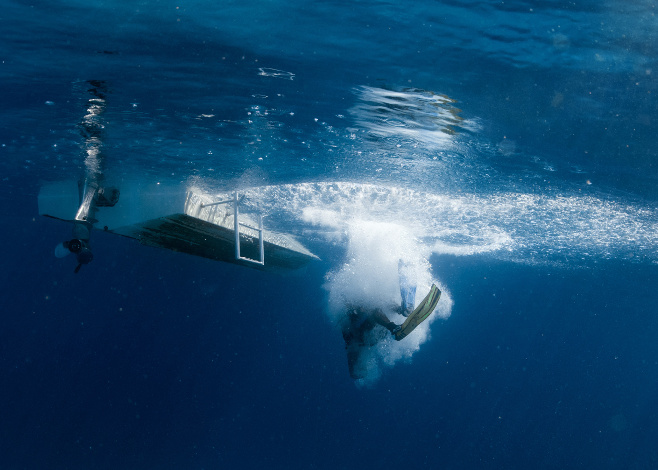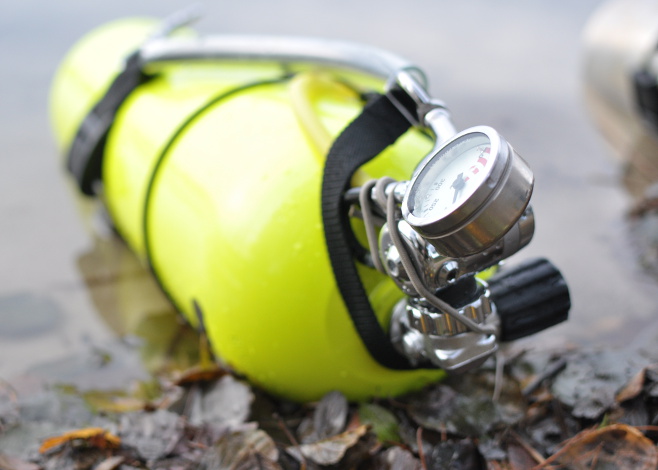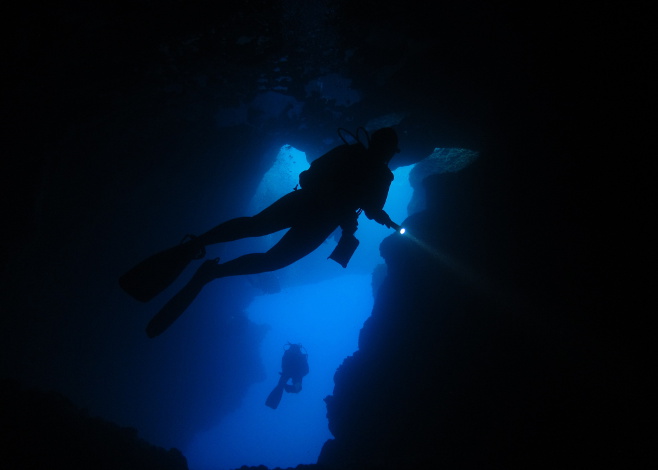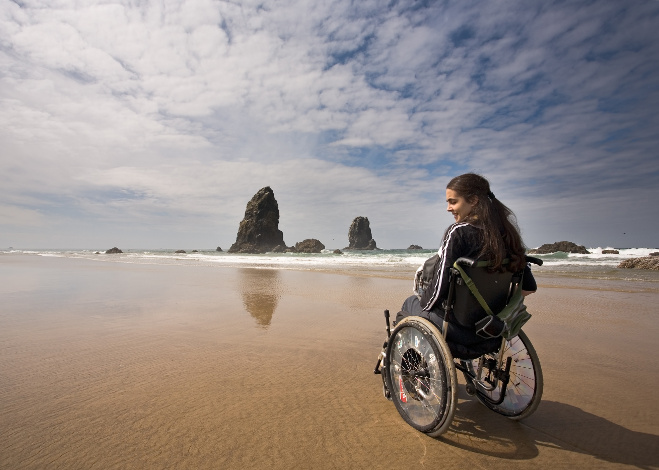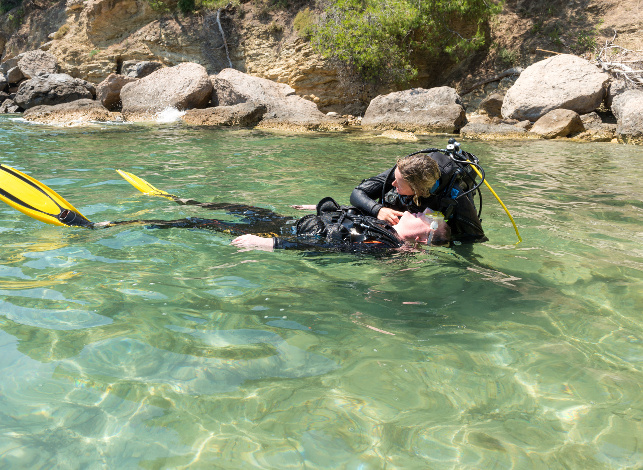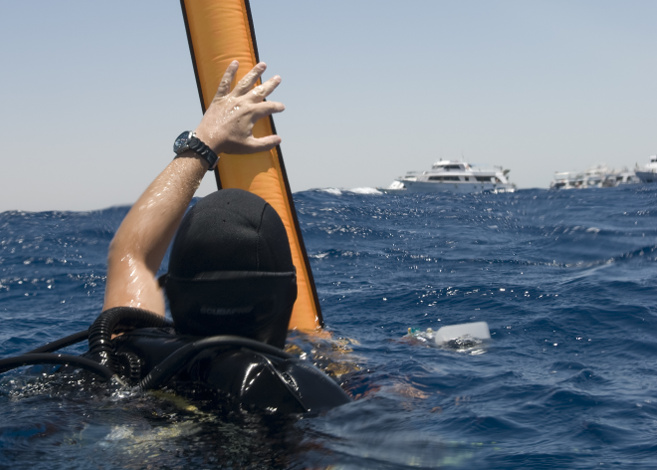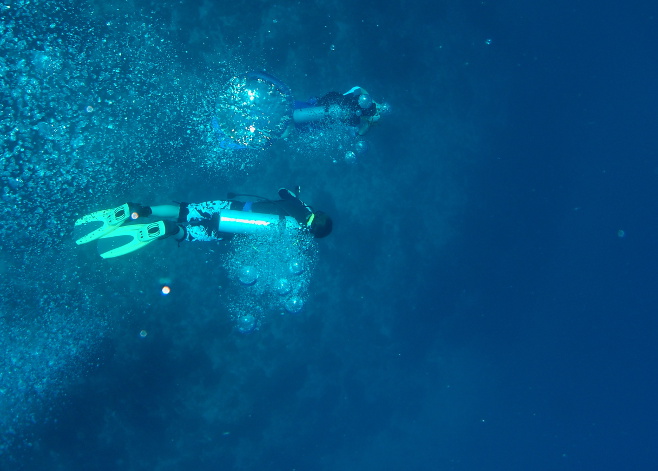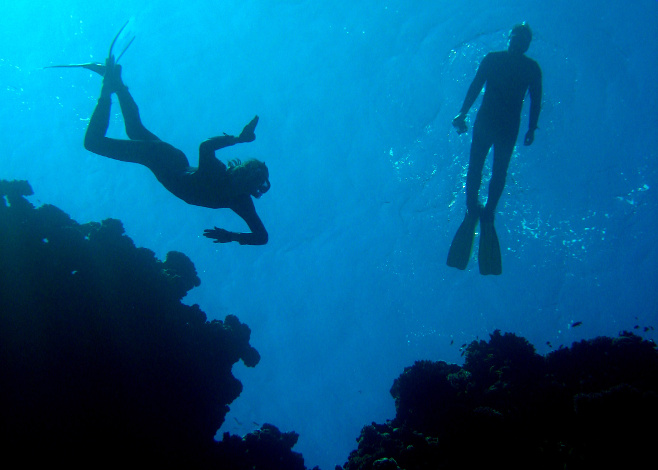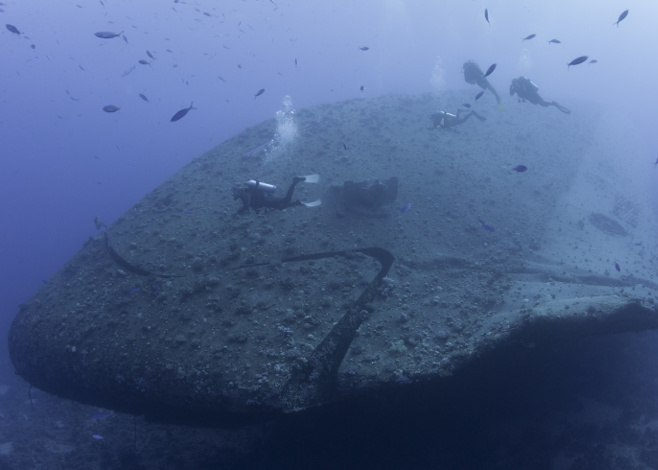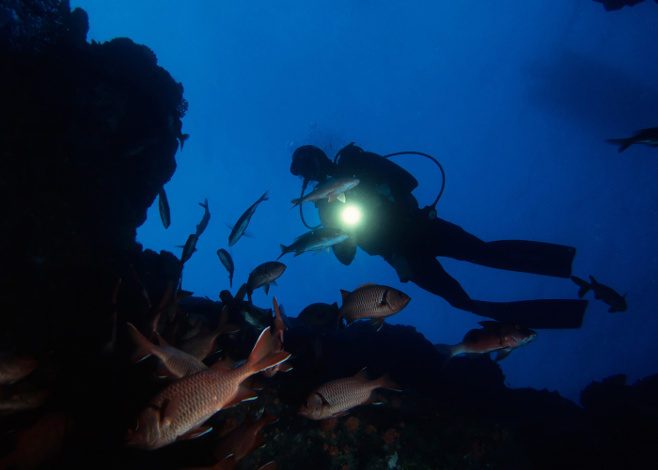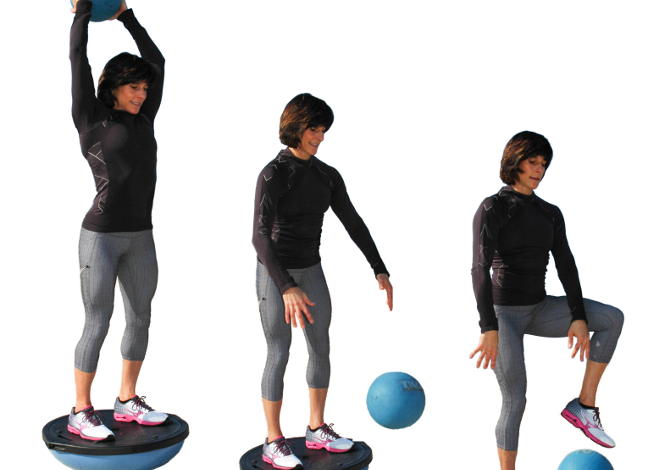There are a lot of cool scuba jobs out there, and one of the coolest is a great-white shark guide. If you’ve ever wondered how to become a shark guide, or just how to find a reputable operator, look no further.
Training
Have you ever thought about what it might be like to dive with no eyesight? I hadn’t either until I took a Disabled Divers Instructor course.
We all know (or we should know) the value of a drysuit or nitrox certification, but there are so many other great specialty courses on offer for divers. Here are a few of the best.
For many divers, technical diving retains an aura of being overly complicated, dangerous and too difficult for the average person. But with proper preparation, it’s none of those things. Here we’ll address a few of the top technical diving myths.
Much can happen to mar a dive. Equipment issues, aborting early, unrealistic expectations, buddy issues — each can play a role in wrecking what should be a fun experience. The following are some of the most common situations that lead to a disappointing dive, and the best ways to avoid them.
Believe it or not, you’ve already had some exposure to technical diving; many of today’s accepted recreational-dive practices originated from what was once thought of as technical diving.
New divers often struggle with proper descent techniques, from equalizing to buoyancy. Here are a few tips to make your next (or first) descent easier.
With its origins firmly lodged within the cave-diving community, sidemount diving has long been associated with technical diving only. But now, more and more recreational divers are discovering the the configuration’s benefits. So what’s sparked their interest?
Proper preparedness is key in our sport, so checklists can be extremely useful, and DAN agrees. But what exactly appears on a checklist can vary.
Physical therapists have long known that water therapy is beneficial, but scuba diving seems to have its own benefits too. There are lots of programs that teach scuba diving to wounded war veterans, and the therapeutic results are well-documented.
The Rescue Diver course is one of the most valuable certifications you can pursue. But how do you know when you’re ready to use your dive knowledge to help others, and what should you expect?
Even though inflating one may not seem like a skill you’ll need to use early in your diving career, it absolutely could be, so it’s important to know what to do.
Proper preparedness is key in our sport, so checklists can be extremely useful, and DAN agrees. But what exactly appears on a checklist can vary.
Equalizing can be an issue for new divers, as nerves often affect physical responses.
Proper preparedness is key in our sport, so checklists can be extremely useful, and DAN agrees. But what exactly appears on a diver’s checklist can vary.
Proper preparedness is key in our sport, so checklists can be extremely useful, and DAN agrees. But what exactly appears on a checklist can vary.
Exercise is the great equalizer, so much so that exercise is widely thought to stave off the effects of aging. Exercise helps prevent, reverse and manage illness and disease and contributes to overall wellbeing.


